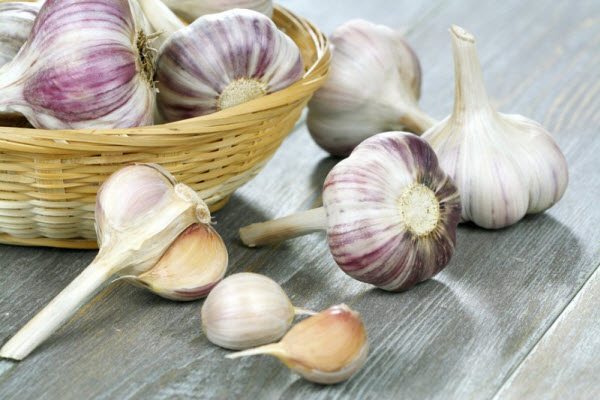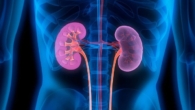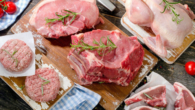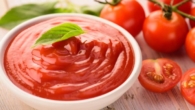
A cardiologist named 9 foods that thin the blood
2
Here is a list of powerful natural blood thinners that you can add to your diet and wellness regimen to improve blood circulation and prevent the formation of life-threatening blood clots that can cause serious illnesses.
Cayenne pepper
Cayenne pepper contains salicylate, a natural blood thinner that is valued for its anti-thrombotic effects.
“It also contains capsaicin, which has been shown in several studies to have hypolipidemic, antihypertensive, antidiabetic, and anti-obesity properties,” says the cardiologist.
For these reasons, cayenne pepper is often taken in capsule form to improve cardiovascular health and circulation.
Cassia (cinnamon)
Cinnamon, especially cassia cinnamon, is rich in the aromatic organic phytochemical coumarin, a powerful anticoagulant that is actually used to produce warfarin, a medication used to prevent the formation or growth of harmful blood clots.
It is better to add cinnamon to food and drinks than to take cinnamon supplements over a long period of time, which can be problematic and can lead to liver problems due to increased coumarin intake.
Garlic
“A study has shown that daily consumption of small amounts of garlic, especially fresh, raw garlic, may be beneficial in preventing thrombosis.”
Allicin, one of the main active ingredients in garlic that gives it its distinctive flavor and aroma, and other phytochemicals in garlic help prevent blood clots.
Ginger
Ginger is another anti-inflammatory spice that may help prevent blood clotting. A review of the literature published in the journal PLoS One notes that it prevents blood clots by reducing levels of thromboxane, a hormone that causes platelets to aggregate or stick together and narrow arteries.
Like cayenne pepper, ginger contains salicylate, a chemical that has been studied for its ability to prevent thrombosis, which occurs when a blood clot forms in an artery or vein.
Ginkgo biloba
Studies have demonstrated the potent antiplatelet properties of ginkgo, which inhibit platelet aggregation and thrombin activity. Ginkgo's fibrinolytic effect is comparable to that of streptokinase and may have high therapeutic value.
Ginkgo biloba leaf extract is available as a supplement in tablet or capsule form, but be sure to consult your doctor first.
Green Tea
The powerful antioxidants in green tea, especially epigallocatechin gallate (EGCG), have antiplatelet and anticoagulant properties.
“The catechins in green tea help prevent platelet aggregation. Because green tea is a steamed tea leaf and not as processed as black or oolong tea, you get a little more of the health benefits from the tea leaf.”
While green tea is very beneficial, you should be careful if you are taking anticoagulant medications.
Omega-3 fatty acids/fish oil
Taking omega-3 supplements can improve cardiovascular health and help prevent blood clotting.
Omega-3s prevent blood from clotting too quickly. At the same time, omega-3 supplements help lower cholesterol levels and improve blood health.
Turmeric
“Research shows that curcumin, a beneficial polyphenol in turmeric, inhibits thrombin, a protease that plays a role in blood clotting. Daily consumption of this curry spice can help maintain its natural anticoagulant status.”
Vitamin E
Vitamin E has anticoagulant activity and acts as a powerful blood thinner. Eating foods rich in vitamin E, such as avocados, almonds, broccoli, mangoes, spinach, sunflower seeds, and whole grains, can help prevent heart and blood vessel disease.









Leave a Reply